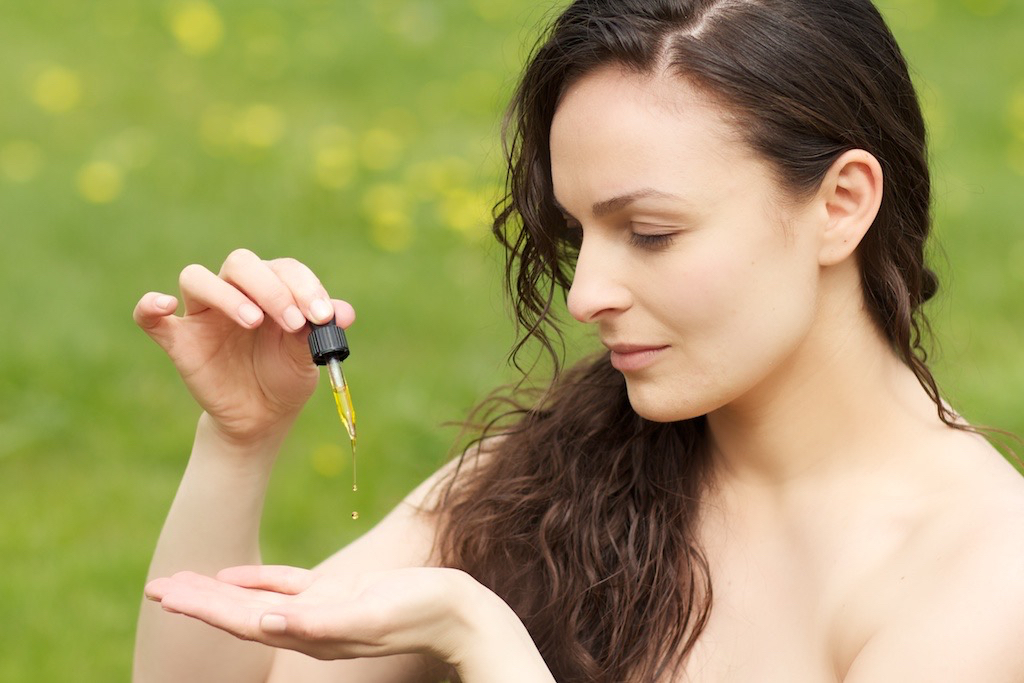
Gressa Skin Sorts Through How To Grow And Remain The Same
The green beauty sector is filled with successful brands that started from humble beginnings. Gressa Skin is one of the more poignant examples. A Russian refugee who escaped severe anti-Semitism to settle in the United States during her teenage years, its founder Svetlana Zakharevich siphoned off her college loan funds to lay the groundwork for the brand that’s now a Credo staple and has stretched from skincare to wildly popular cosmetics. Manufactured in-house in Seattle, Zakharevich’s vision for her brand is to expand while not forgetting where it came from. “I want to never lose the integrity it began with. It’s a brand with the highest quality ingredients made with the highest intentions,” she says. “My ultimate goal is to never have to stress about explaining to our loyal customers why this change or that change was made.” Beauty Independent chatted with Zakharevich about scaling, selecting distribution partners, becoming a presence on social media, changing the brand’s name, hiring employees, departing Whole Foods and waving goodbye to toners.
Tell us about the path that led you to Gressa.
I was raised in Russia, and I came to the United States when I was almost 14-years-old to Seattle. My personal history is important to why Gressa is the way that it is. Being born and raised in the far east of Russia, the way that we treated ailments and thought about nutrition very much ties into Gressa’s history. When I came here, I was going to become a doctor. My academic background is in pre-med, health, wellness, nutrition and biochemistry. When I was nearly done with my [bachelor’s] degree, I realized I was more passionate about prevention than treatment when it came to health. Nutrition really inspired me and fired me up. I learned about ingredients and allergens. Then, I started really breaking down cosmetics ingredients, and it was shocking to me. I was a consumer who liked a certain aesthetic, and I was finding out that everything I had been using for years could possibly cause harm to the endocrine system or to the environment. Through that discovery came Gressa and the eight skincare formulas that are still around today.
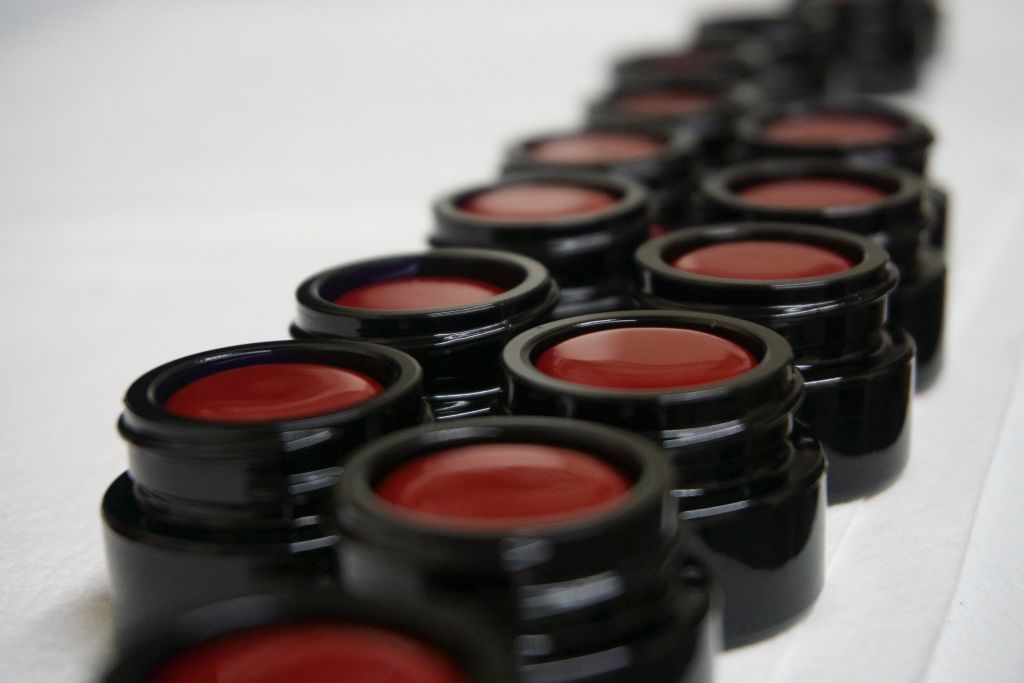
Why did your family leave Russia?
We are Jewish, and there was a lot of discrimination. We are refugees and, when we came here, we had a white refugee alien card. My story is very much the story of the American dream. I have gone from being an immigrant to being an entrepreneur.
What year did Gressa launch?
Everything began in 2009, but it used to not be called Gressa. For two years, it was called something different that was tacky and awful. However, the formulas were the same. Going back further than that, it started with me making my own soaps. I used to cook soaps in the kitchen with lye, oils and water. That was my first obsession. I did farmers markets in 2011 with the soaps and the skincare. People would tell me they were amazing. That convinced me to invest in the products and the packaging. I repackaged with the packaging that I have today, and we went into Whole Foods.
Whole Foods was my first major retailer. I really learned about how they verify ingredients. They visited my facility in Portland, where Gressa was conceived, and I got a hang of how they train their staff. I had no experience. I’m not a makeup artist, and I didn’t have any business experience. I danced professionally while going to school, and I was a lover of all things related to beauty and had good taste in it. That played into how I present Gressa to the world.
How much money did it cost to get Gressa off the ground?
About $30,000 to $40,000 that I didn’t have. I always worked full-time, and I would maximize my school loans every quarter. You know how you get a certain amount for living expenses. If my tuition was approximately $3,000, but they allowed me to take $8,000. I would put money into ingredients, website building and labels. I did everything myself until I eventually got a website designer. Because of being self-funded and on a tight budget, I would learn different skills as well as I could. I learned photography by buying a camera and getting a book on photography. I became a Jackie of all trades.
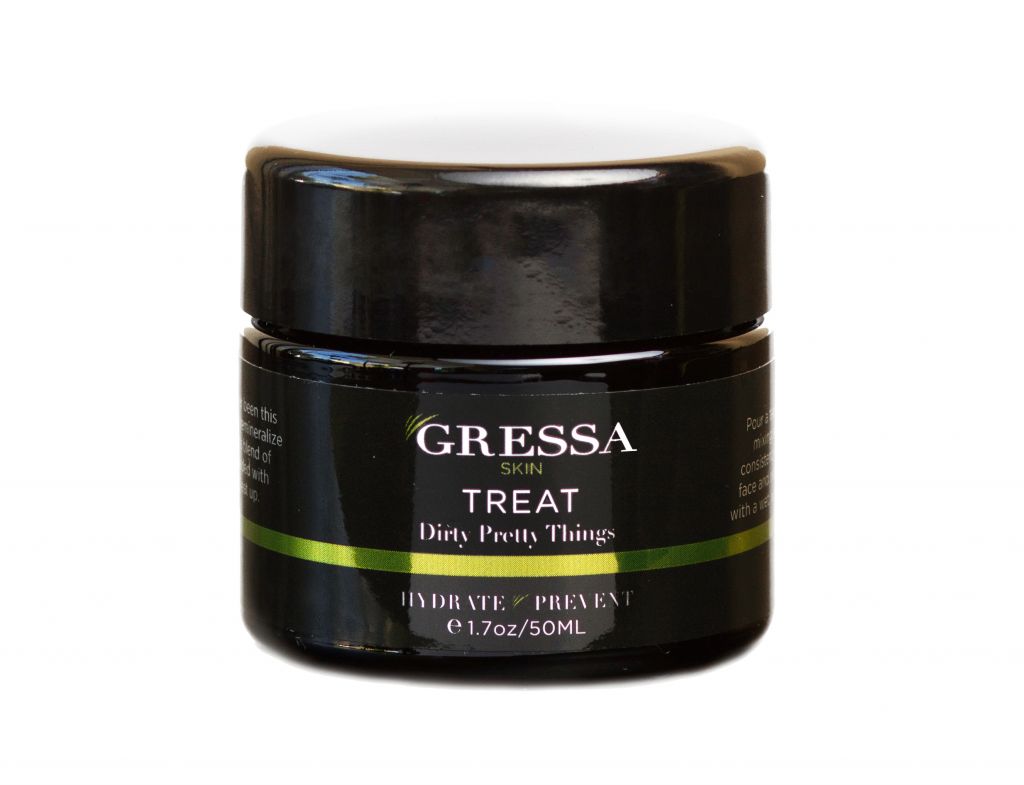
Why did you change the name?
The old name was Loveli, and it sounded like a stripper name. I was determined to find a different name because Loveli was just awful. I researched how iconic brands obtained their names and, for Coco Chanel, the two C’s positioned backward was one of the inspirations. I thought, “What would it be like if I put my initials together?” Gregoriy is my middle and my father’s name. The middle S in Gressa is for Svetlana and the other S is for Sanchez. I wasn’t married at the time, but my then boyfriend’s last name was Sanchez, and I was very determined to get married. I was very confident, and we did get married. We got a divorce later on. However, I made good use out of the situation.
How did Gressa get into Whole Foods?
I’m a health nut, and I lived at Whole Foods. I made friends with the beauty buyer at the location closest to my house. Eventually, I told her I had a product, and she said, “Why don’t you bring it in?” When I did, she said, “I’ve never seen anything like this, let’s get you in.” It was pretty surreal. Then, she sent me the paperwork, and it was nuts. They looked at every single ingredient and where it came from. The paperwork took me about a month or so. It was a huge stepping stone and a résumé builder for Gressa. It was a wonderful experience that I will be forever grateful for.
Why did you decide to pull Gressa out of Whole Foods?
We were at Whole Foods for two-and-a-half years and decided to pull out four years ago. We pulled out because I saw a different sort of potential in the beauty market. Business is not my strong suit, but it’s something I actively seek information on and teach myself about. I learned what it meant to be in the prestige segment. Gressa was higher priced to begin with, had better ingredients and efficacious formulations, and was immediately a prestige cosmetic brand. It was a difficult decision to leave Whole Foods, but I decided that, to grow the brand identity, Gressa must be taken off the Whole Foods shelves. It was the right decision.
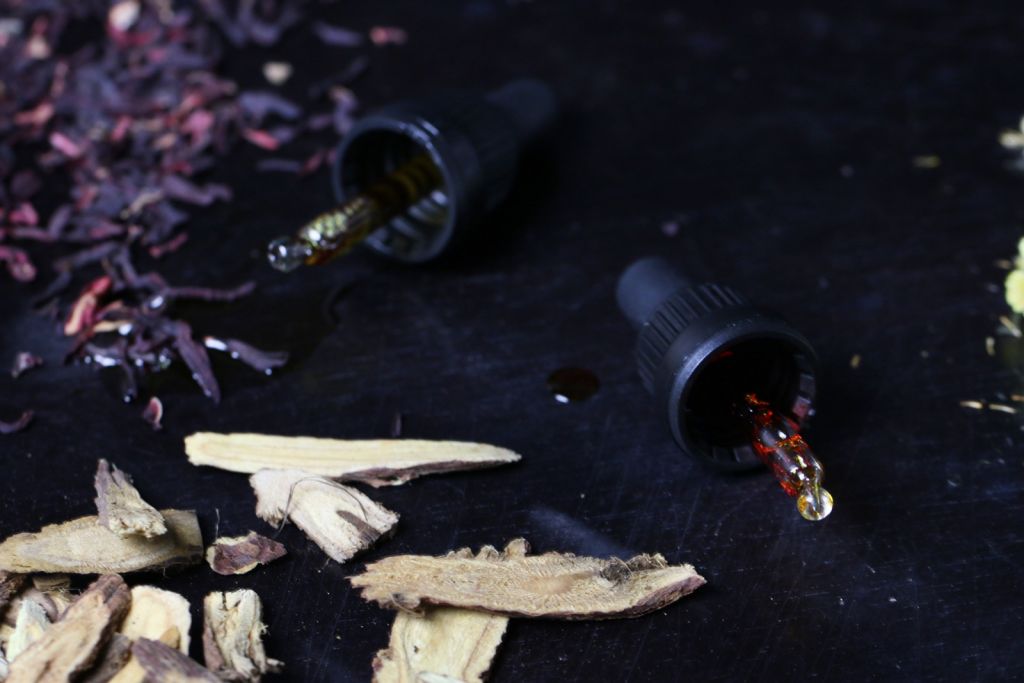
What’s your distribution strategy today?
I’m very picky about wholesale partnerships, and it’s always going to be that way. There’s something to be said for exclusivity and clever placements. My goal is to truly look for people that have an ethos aligned with Gressa. Right now, we have about 70 partners. We have built up to that over the last three years. We could have doubled that number if I said yes to everyone. I pick partners carefully and strategically. Credo is our biggest partner in terms of number of locations and sales. We also have a handful of partners that you might look at and think, “Why would you do that?” We have a tiny little spa, but it does more than half of what Credo does because of the clientele it’s built over the years. We an overseas partner that’s just incredible and has become a spokesperson for the brand. I want our partners to become ambassadors for the brand.
What percentage of Gressa’s business is from its website?
Our e-commerce is probably 30% of our total revenue, so a pretty big chunk is from our own website. It’s been all from organic growth. We don’t have any marketing force behind it other than Instagram, where we take a strong stance on the brand identity.
You are active on Instagram. Why did you decide to do that?
I just started it recently. We see sales go up from it. It wasn’t my decision. It was from my staff. They said, “What if you made Gressa your personal page?” I didn’t want to go as far as that, but I said I would do more. Of course, there’s always a persona and story beyond a small niche brand, but I had no intention of being vocal and putting my personality into it. You go back not even a year, you will see lots of reposts, and nothing was really first-person. We decided to play with it and see what happens. It has been really clear that people want to get to know the founder of the brand.
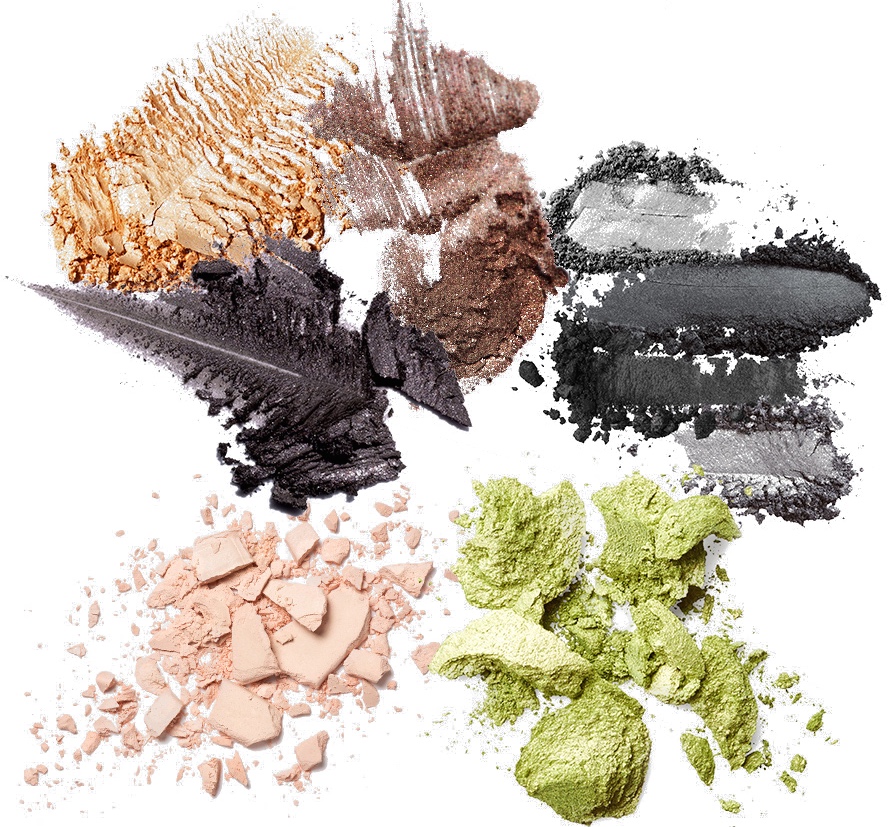
Gressa started in skincare, but it’s known for color cosmetics products. How did that happen?
It happened organically. I didn’t have any intention for color to be the number-one seller. It took two-and-a-half years to formulate Minimalist Corrective Serum Foundation, which has a cult following and is why we are sought after for color cosmetics. There was a true void for high-performance color products in green beauty. Even though there were beautiful brands like RMS and Kjaer Weis that I admire, there was still a void. There were only a couple of big players and maybe some smaller brands doing clean cosmetics, but they more traditional. They had powder mineral foundations that had been around for years. All of our complexion formulas care for your skin first and foremost rather than just covering it up. The products remain skincare-driven.
Minimalist Corrective Serum Foundation is the brand’s bestseller, right?
Absolutely. In 2013, when the foundation launched, it outsold three years of worth of total sales in one month. I had no clue what to do with myself. It was a clear message that there was a void we had filled. I had to worry about how the heck we were going to sustain that.
Did the success of the foundation change what you were doing with the brand?
No, nothing has changed in terms of what I do with the brand. Of course, we have more staff. Four years ago, I used to do it all myself. We are still doing it in my lab. It is larger batches, but it’s still very much micro batches. We have streamlined some things. We have filling machines and larger capacities to make samples, but all of that is still done in-house. In terms of marketing and PR, it’s still all done by me. We have never had a marketing or PR agency. All of our press has been word of mouth.
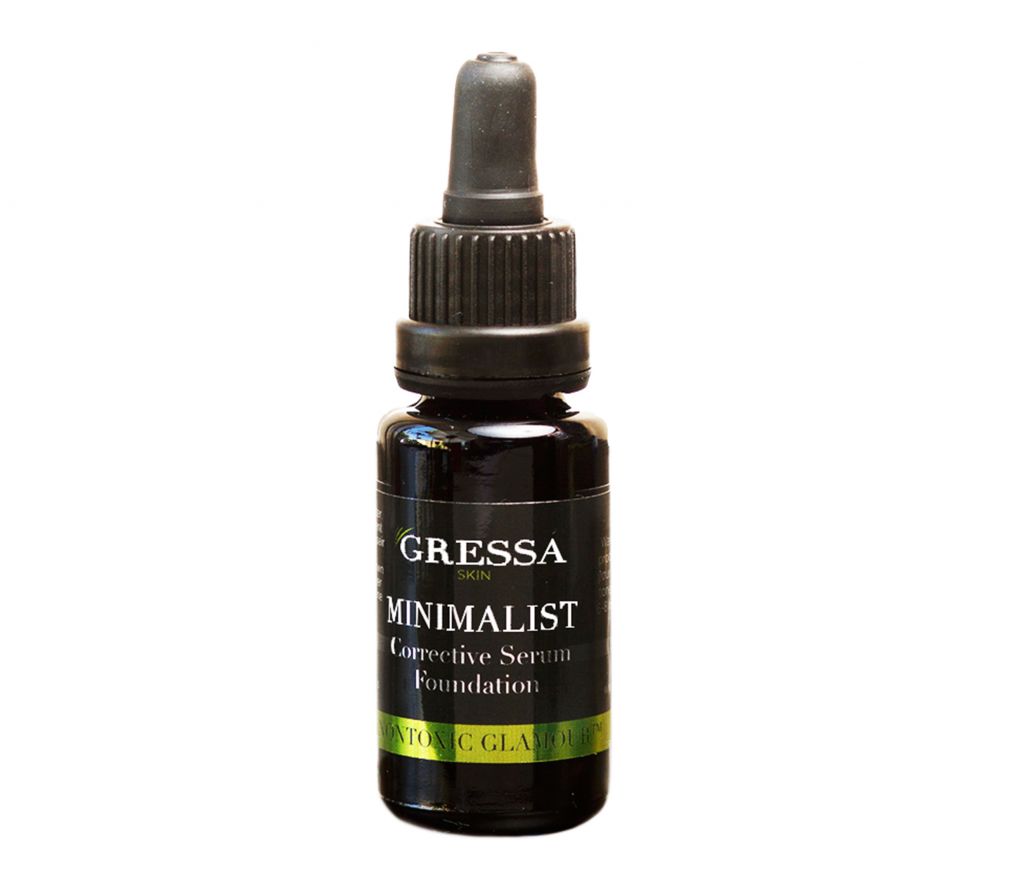
What’s been one of the biggest challenges you’ve faced at Gressa?
It’s to keep up with production because we are growing fast. My challenge has been to build the organization. The growth is a blessing, and it’s based on reputation and brand identity building. However, bringing on new people who may or may not support your vision has been difficult. The way I’ve dealt with it is to read everything I can possibly read in terms of literature on leadership. I’ve also talked with other founders about it, and it comforts me somewhat that other people are dealing with it as well. I’ve never been a manager. It’s not my personality. The way I’ve been learning is by making a lot of mistakes.
What mistakes?
Giving too much freedom. I’m very much a free bird. I storm in and am like, “Let’s have donuts and talk,” but I realized quickly that boundaries are essential for a healthy team. That’s been a huge lesson for me. You want to be liked by everybody, and I had to become comfortable placing boundaries and not putting so much important on what my employees will think or say behind my back. It was tough. If you come from a cutthroat corporate environment, you may not care, but I’m coming from a passion project, and love and light. For me to come in and be like, “I don’t want to know about your day, let’s just be sure the ship is sailing smoothly,” it’s hard.
What’s your approach to hiring staff members for Gressa?
I haven’t looked for people who’ve known about green beauty. The other day, I was thinking that perhaps I should. If we brought on someone who already believes in the movement, we wouldn’t have to train them on it. We’ve lucked out and have really wonderful, strong personalities supporting the growth. The approach I have taken is that you can train on anything, but character. So, I look for character. Because the brand is very much in the growth stage, I need people who are excited. We don’t hire people who are just coming in looking for a job. We need people who are interested in the Gressa philosophy and at least some of the lifestyle that we preach. If you work for a strictly vegan company and come in wearing a mink, that probably won’t work. We have seven people now working at the company, including me.
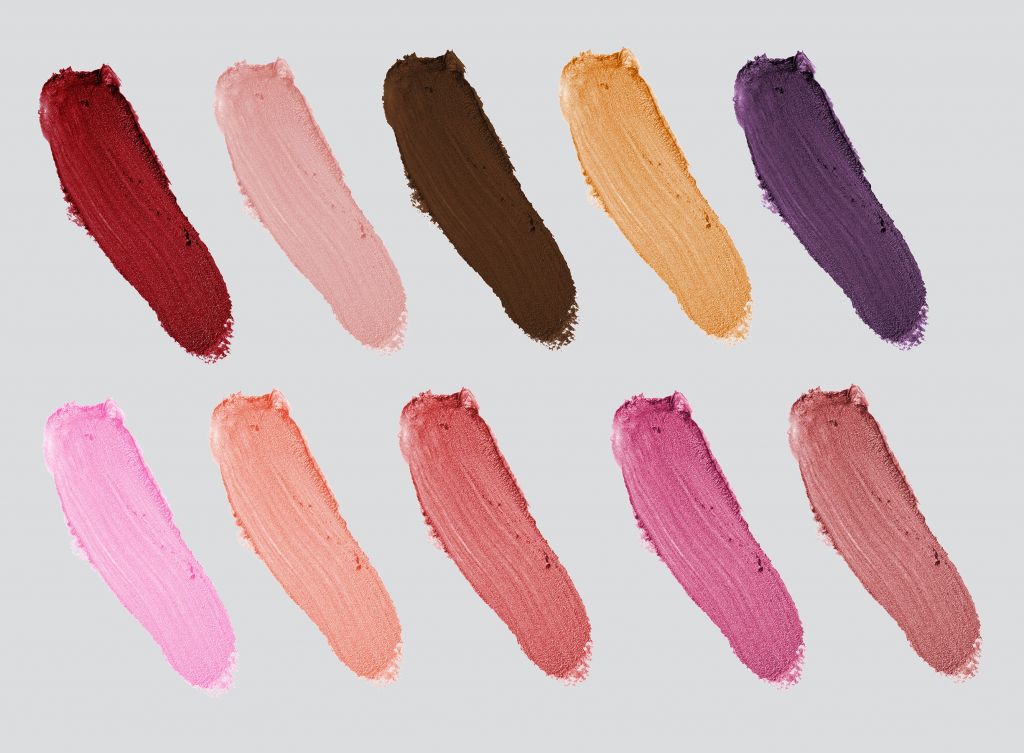
What improvements are you making to Gressa’s product line?
We are working on the packaging. That’s our weakness. The Miron glass we are using is beautiful, and I love it. It’s hard for me to detach from it, but we’re going to have to. It’s not suited to color cosmetics. If you open a brand-new bottle of Minimalist Corrective Serum Foundation, it’s gorgeous. Three weeks later, you have a messy bottle. Now that we are growing so fast and getting so many more customers than we had two years ago or even a year ago, we’re hearing about it all the time. It’s become a big priority. We started working on it in the middle of last year. We’re developing packaging that will be much more user-friendly while still being gorgeous.
Has the brand had a product failure?
No, we have not. All the SKUs that we’ve had from years ago remain and the new items we’ve launched have done wonderfully. The one thing I have to say, although it’s not a failure, is that we have two toners that we have chosen to discontinue because I want something better. We’re going to introduce a new formula next year. The toners aren’t innovative enough, and they’re not the hottest sellers we have. The toner we will bring out will be more exciting in terms of hydration, and it will work really well with Minimalist. It’s a little heartbreaking for me to discontinue the toners because we have dedicated loyal customers that have been using them for seven years, and I know they’ll be sad to see them go. We will probably tell them to hang tight, and we will have something for you soon. In the meantime, I can recommend beautiful toners from other brands.
What changes have you seen in the green beauty segment?
What I see that excites me is green beauty entering conventional beauty stores. I don’t think that the average retailer or consumer is quite ready, but I’m happy to see that there’s been that move. I think that, in a couple of years, the market will be much more readily accepting of green beauty. I’m talking about consumers who just come to a store looking for a mask or acne product. Even though consumers have become much savvier, a big portion of consumers still remains unaware of the fact that there’s another world of beauty. It’s going to take some time.
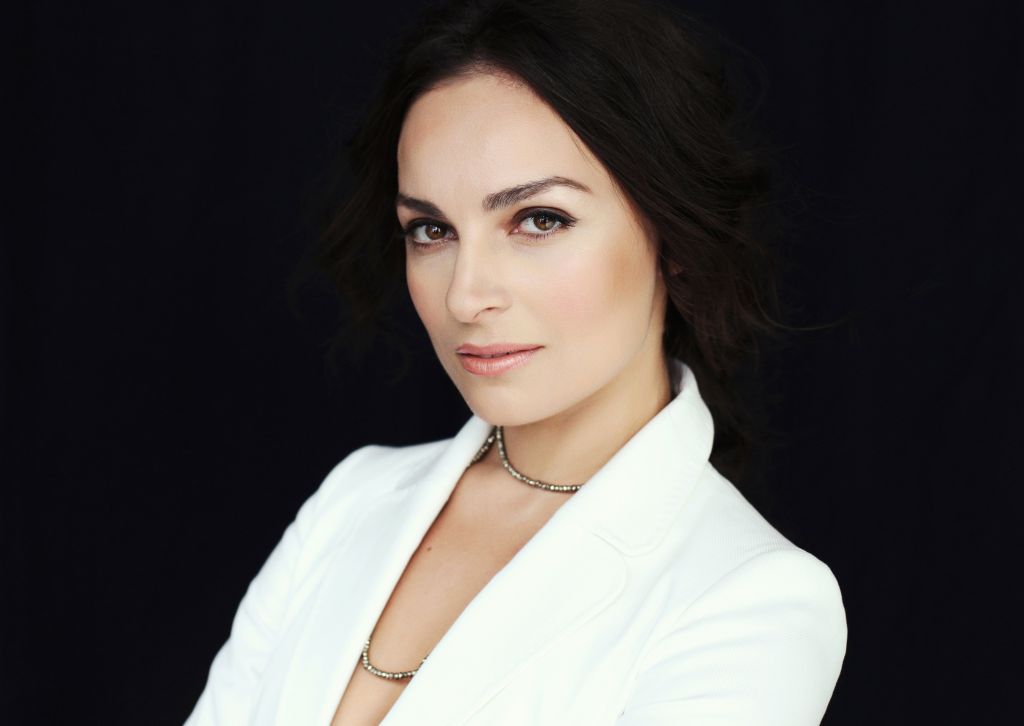
How big has Gressa become?
It’s grown into the seven figures. This is going to sound so hippie, but I’m not driven by sales. It’s exciting to see the growth, but the big picture excites me so much more. We do have some projections. If we don’t have projections, we don’t have anything to prepare for. What we used to purchase for a year now doesn’t last us through the week. We have to scale to have enough in stock for the next year. This year, it’s going to have to double at least. That’s huge for a startup like Gressa. Scaling and team building are the hardest things that a business has to go through.
Gressa is self-funded, but has received interest from outside investors. What do you inform them about your willingness to consider outside investment?
To be honest, I hope that I will never need it. I want to try to take it all the way and be a pioneer all the way. I want to be a female founder and mom leading a growing brand. I want to have really unique formulas and make everything in-house without private labeling. I want to not need an investor, and I think we’re getting close to that. It’s my personal challenge.
[Editor’s Note: This story was originally published on March 12, 2018. It was reposted on Memorial Day.]





Leave a Reply
You must be logged in to post a comment.